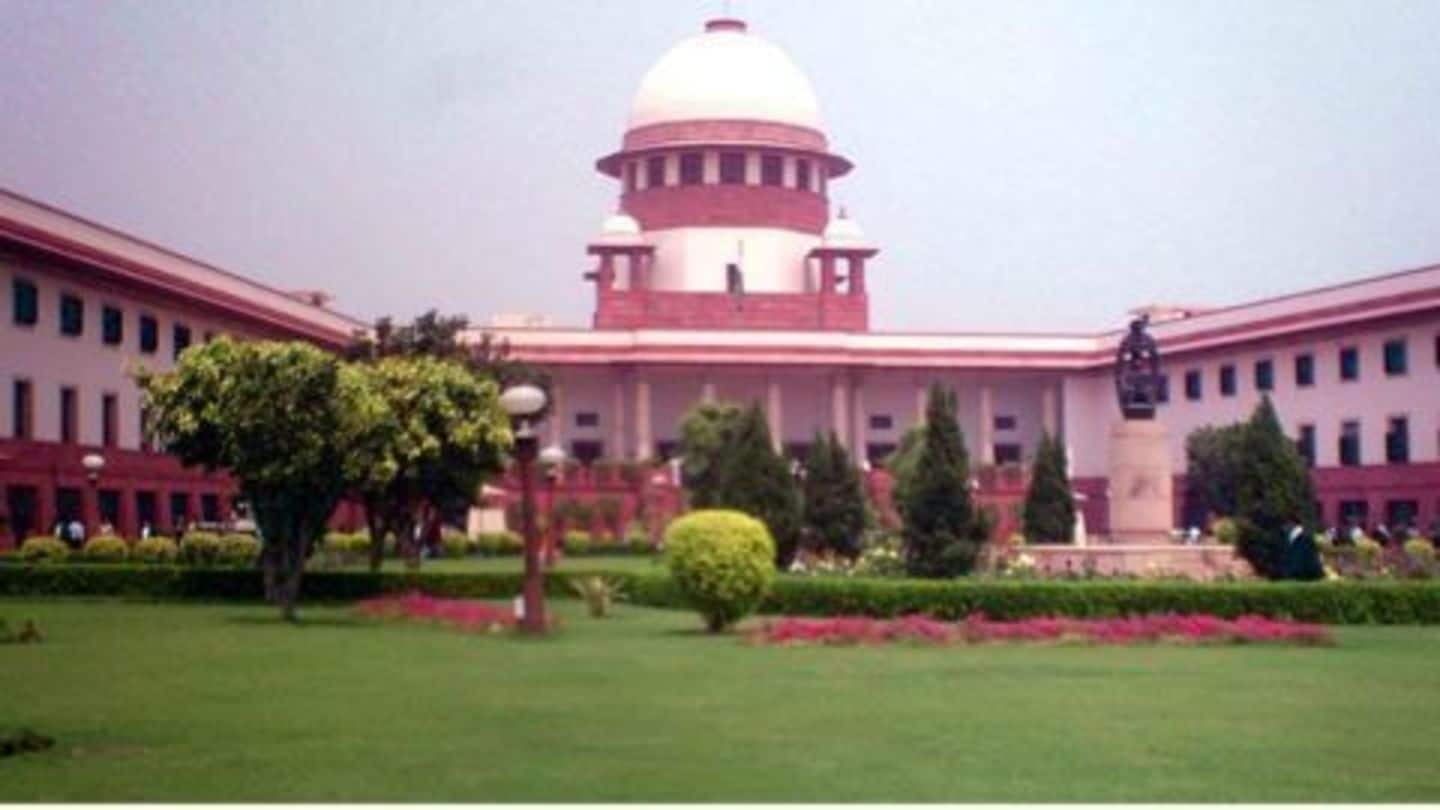
SC provides IT relief to former rulers
What's the story
The Supreme Court has ruled on a nearly 4 decade old dispute between legal heirs of Maharao Bhim Singh of Kota and the Income Tax department.
SC ruling said that erstwhile rulers did not need to pay tax on rental income derived from letting-out residential palaces.
The petitioners, Singh's heirs had moved the SC against the decision of Rajasthan High Court.
Background
Umed Bhavan Palace case
In 1950, the Union Government declared residential palaces of erstwhile rulers exempt from income-tax as it was inalienable ancestral property.
Former ruler, Maharao Bhim Singh, owns two residential palaces namely Umed Bhawan Palace and City Palace.
Singh resided at Umed Bhawan and leased a portion of it to Ministry of Defence in 1976.
In 1984, IT department initiated proceedings for taxing such rental income.
Explanation
IT-Department's contention
The income tax department contented that the 1950 exemption was with respect to personal use of the property.
Tax officials took the view that income earned from renting the palace was taxable.
The Commissioner of Income Tax and Income Tax Appellate Tribunal turned down the IT department's contention.
The income tax department then approached the Rajasthan High Court.
Details
Rajasthan HC rules in favour of IT-department
Rajasthan High Court ruled that as long as the former ruler continued to remain in possession of his official palace for personal use, he continues to be entitled to claim exemption.
However if he were to rent out any part of his residence, he loses the benefit of the exemption granted under Section 10 (19A) of the Income Tax act.
Information
Supreme Court quashes HC order
SC squashed Rajasthan HC's ruling and came down heaving on IT-department for registering a case despite clear exemption under Section 10(19A) which uses term 'palace' to grant exemption to ruler and rental income earned from renting out portion of the palace.